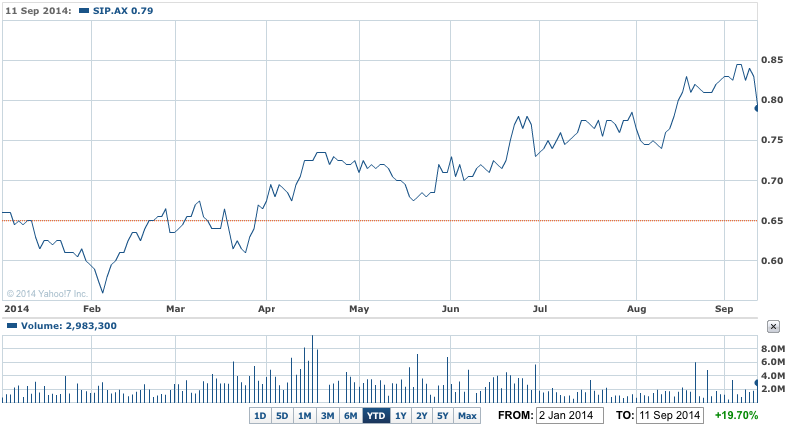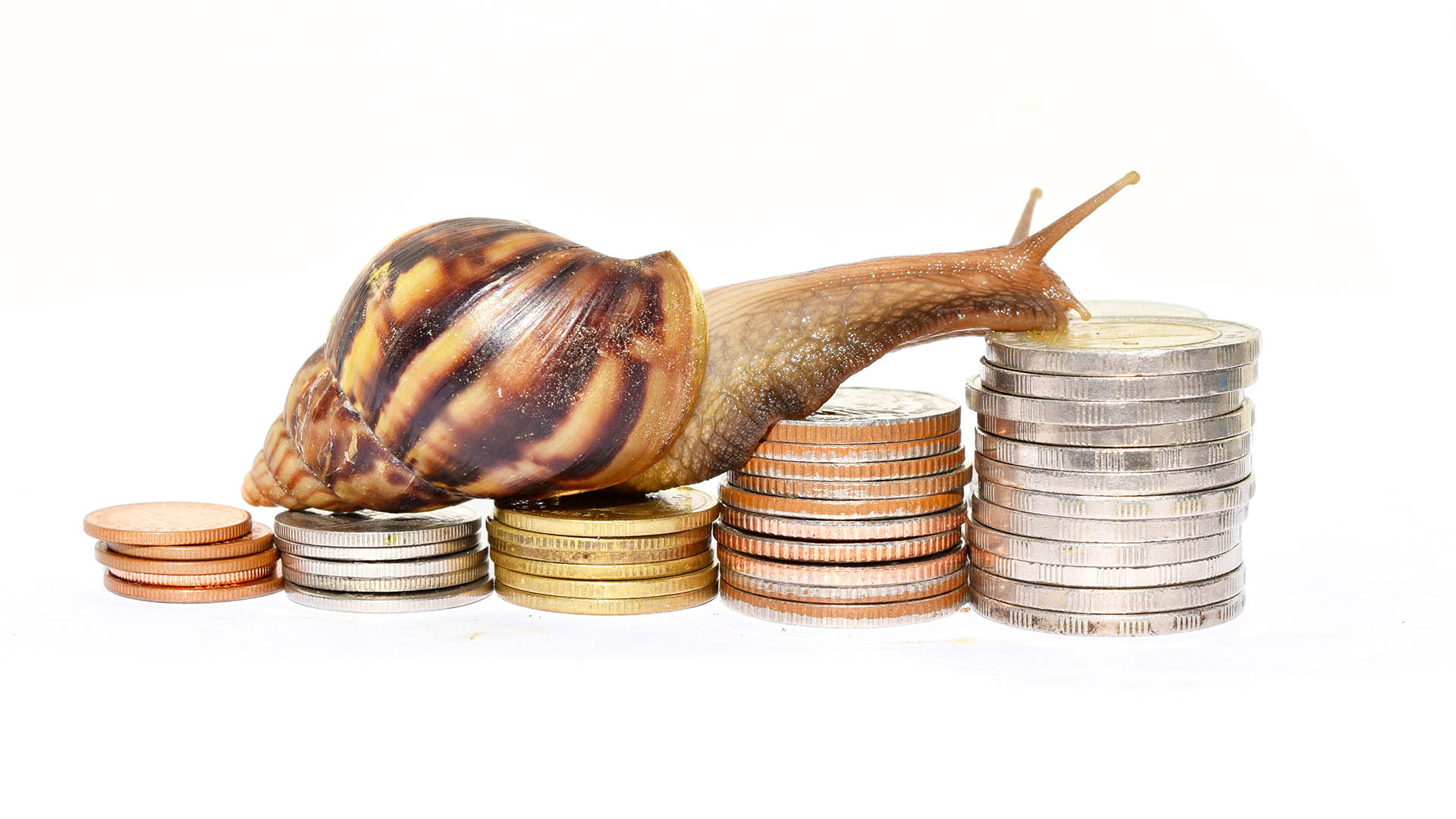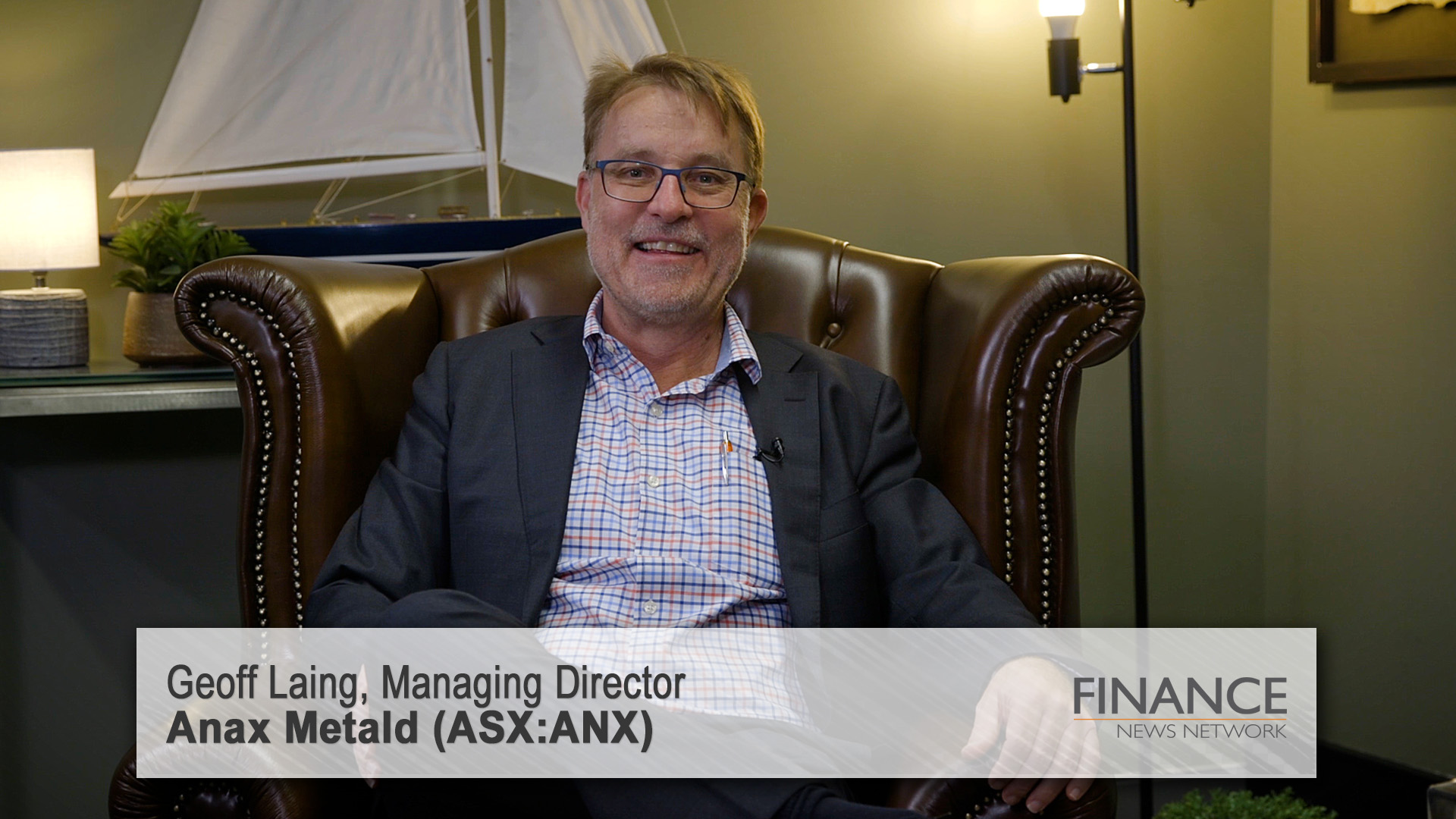The market reaction to Sigma Pharmaceuticals’ (SIP) solid first half profit yesterday showed us one of the perils of being a no-dividend paying company.
The company suspended its interim dividend because of a shortage of franking credits – it not earned enough profits in the past few years because of losses incurred in restructurings and weak trading results.
But judging by yesterday’s figures, the company is on the way to earning enough to start rebuilding its franking account.
But until investors are confident that will happen, the shares remain exposed.
But the company will use cash that would have been paid out in a dividend to buyback shares.
They ended down 4.8% at 79 cents, in a market that was weak for most of the day, but not as weak as Sigma’s share price.
SIP YTD – Sigma slips as dividend disappears

The company yesterday reported a net profit of $22.4 million for the six months to July 31, 2014 – up 37.5% on the profit of $16.3 million a year earlier.
Sigma described the result as strong, reflecting an increase in volumes distributed and an overall improvement in market share.
Sigma recently acquired Central Healthcare Services (CHS) and the Discount Drug Store (DDS) pharmacy banner (which was announced at the start of this week).
"Continued sales growth along with a full six months’ contribution from CHS in the second half of the year will boost sales and profit," Sigma chief executive Mark Hooper said on Thursday.
"The addition of DDS to the business will add momentum to this, albeit weighted towards the 2016 financial year as distribution transitions to Sigma," Mr Hooper said yesterday.
Sigma also expects incremental benefits through the remainder of this financial year as its portfolio of private and exclusive-label products gains further momentum.
Mr Hooper said Sigma was entering the next phase of its reinvestment in the group’s distribution centres, which would help drive efficiency gains and underpin future profitability.
Sales were up 2.6% in the first half, reaching $1.5 billion.













